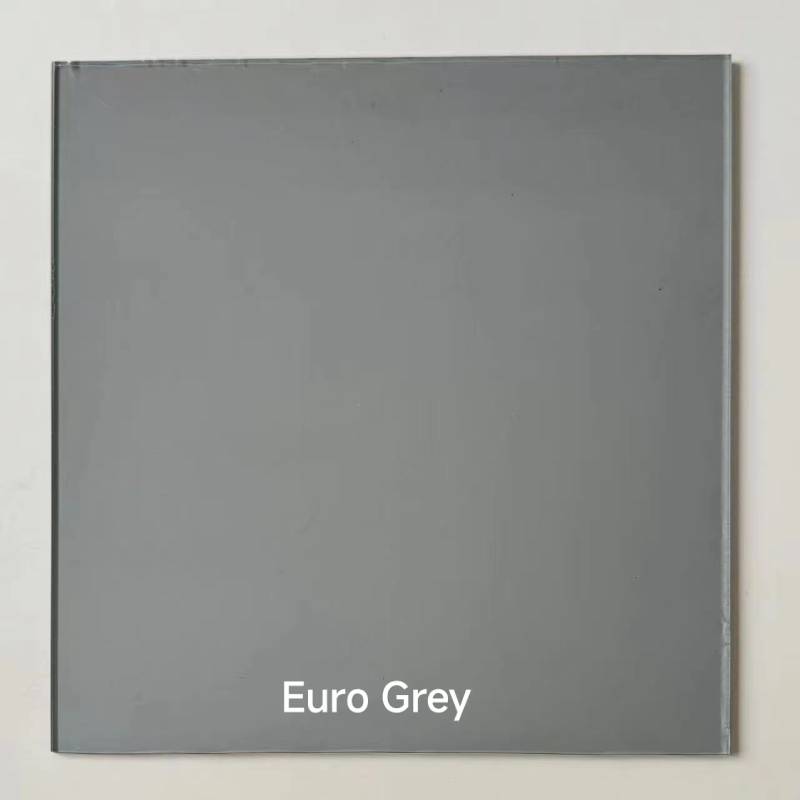

IGU Glass Revolutionizing the Glazing Industry
Insulated Glass Units (IGUs) represent a significant advancement in the glazing industry, combining aesthetics with functionality to improve energy efficiency in buildings. With the growing concern over energy conservation and environmental sustainability, IGU glass has emerged as a crucial solution for modern architectural designs, allowing for remarkable enhancements in thermal performance and sound reduction.
Understanding IGU Glass
At its core, an IGU consists of two or more glass panes separated by a spacer and sealed to create an air or gas-filled space between them. This design minimizes the transfer of heat, making it an effective barrier against unwanted thermal loss in winter and excessive heat in summer. The cavity between the glass panes is often filled with inert gases such as argon or krypton, which provide superior insulation compared to air.
Benefits of IGU Glass
1. Energy Efficiency One of the primary advantages of IGU glass is its ability to significantly reduce energy costs. By minimizing heat transfer, IGUs keep buildings cooler in summer and warmer in winter, leading to decreased reliance on heating and cooling systems. This not only lowers energy bills but also contributes to reducing carbon footprints.
2. Sound Insulation IGUs are also effective at mitigating noise pollution. The multiple layers of glass create an additional barrier that dampens sound waves, making them ideal for urban environments or areas near highways and airports.
3. Condensation Resistance The airtight seal in IGUs drastically reduces the likelihood of condensation forming on the interior surfaces of the glass, which can lead to mold growth and damage. This is particularly beneficial in humid climates where high moisture levels can be problematic.

4. Variety of Styles With advancements in glass technology, IGUs can be customized in many ways. They can be designed with different coatings, tints, and finishes to suit various aesthetic and functional needs. This flexibility allows architects and builders to create visually appealing structures without compromising on performance.
5. Safety and Security IGUs can also contribute to building security. They can be made with laminated or tempered glass, providing enhanced resistance to impacts and breakage. This not only protects occupants but also deters potential intruders.
Applications of IGU Glass
The versatility of IGU glass makes it suitable for numerous applications, ranging from residential homes to commercial buildings. In residential settings, IGUs are commonly used in windows and patio doors, enhancing comfort and energy efficiency. In commercial applications, they are utilized in storefronts, office buildings, and facades, where both aesthetics and performance are crucial.
The Future of IGU Glass
As technology continues to progress, the future of IGU glass looks promising. Innovations such as dynamic glazing—where the glass tint can be adjusted on demand—and smart glass technology are paving the way for even more energy-efficient solutions. The integration of sensors and smart building systems will allow for optimal control of light, heat, and energy usage, further enhancing the capabilities of IGU glass.
Conclusion
In conclusion, Insulated Glass Units are transforming the landscape of the glazing industry. With their numerous benefits, including energy efficiency, sound insulation, and design flexibility, IGUs are not just a trend but a vital component of modern architecture. As the emphasis on sustainability and energy conservation continues to grow, IGU glass will undoubtedly play a critical role in shaping the buildings of the future, ensuring a harmonious blend of functionality and beauty.